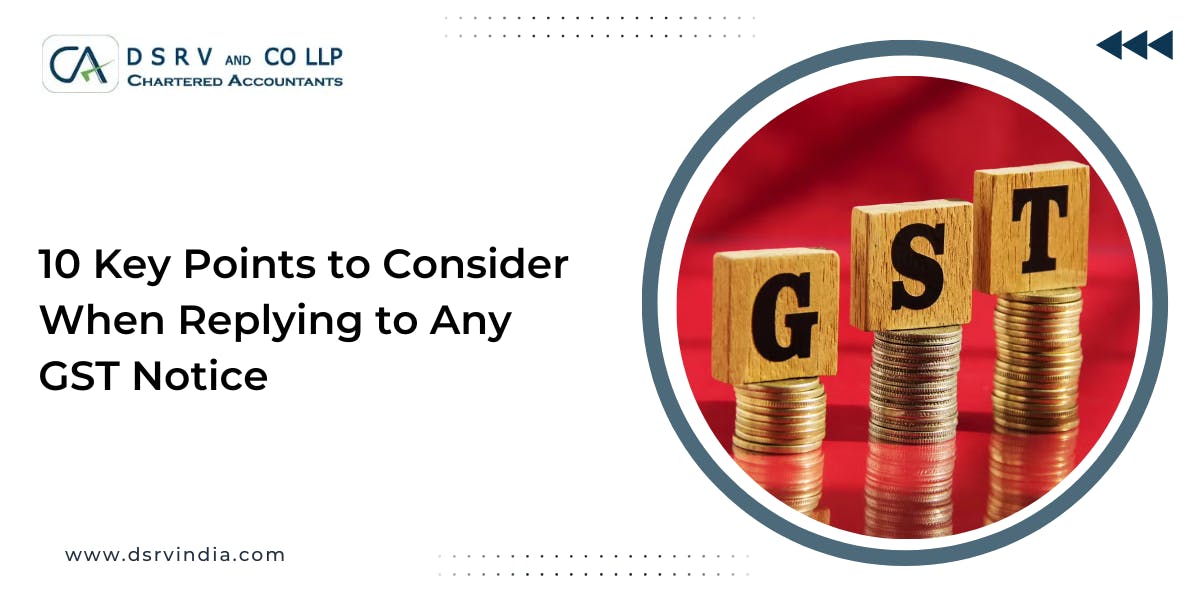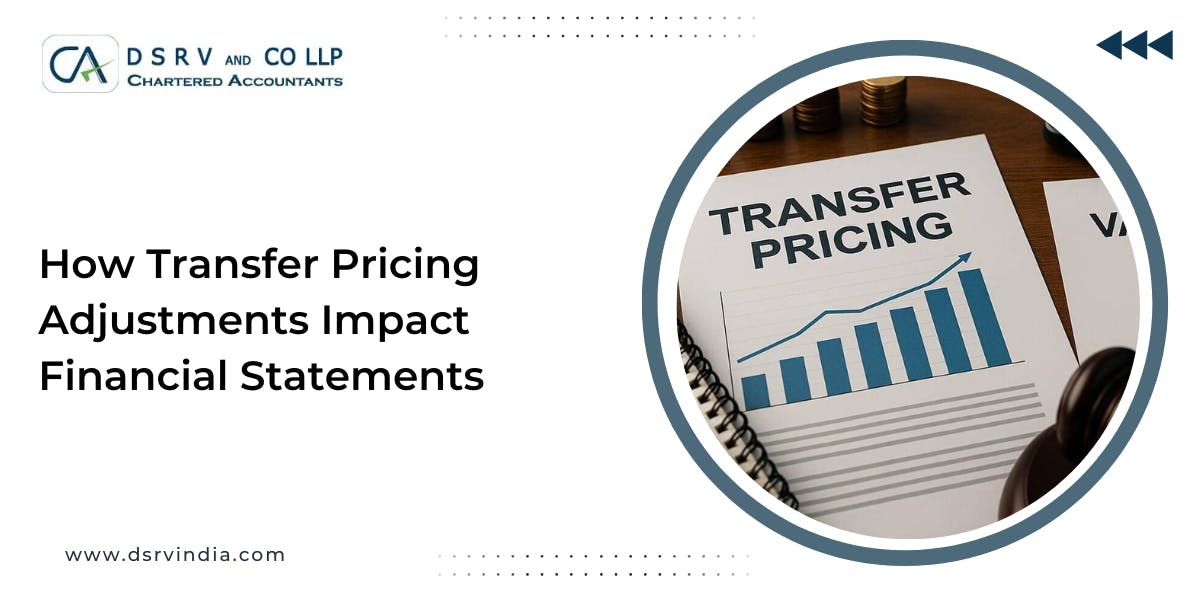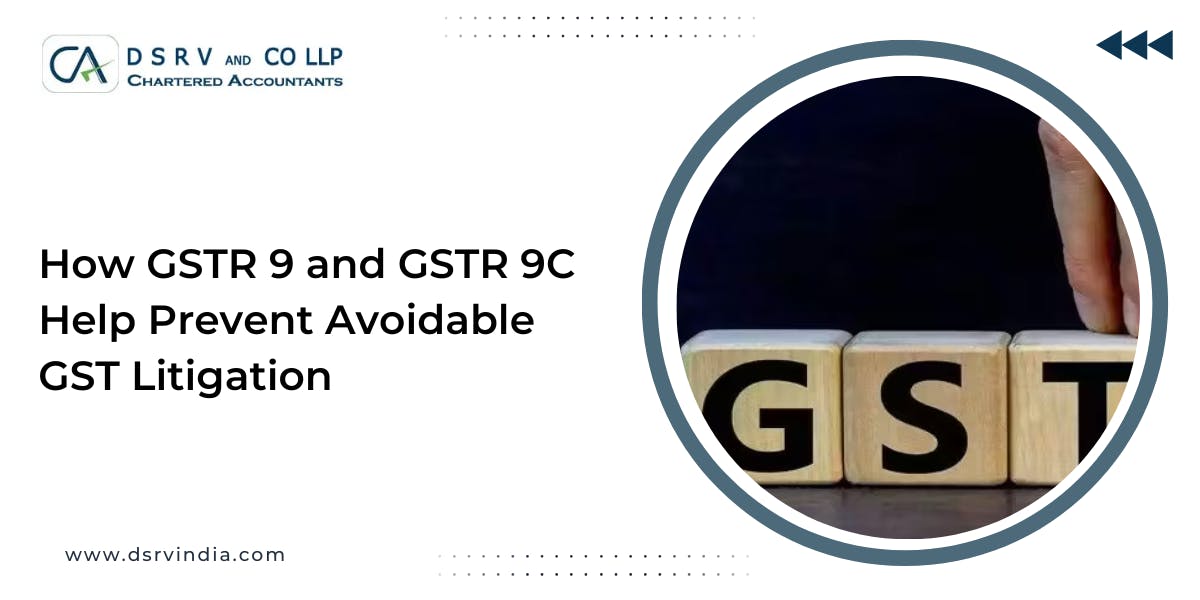The Different Types of Income Tax Notices
The income tax notice can be of different types. It is important to know the type of income notice you have received to know how to reply notice of income tax appropriately:
1. Section 131:
Under this section, the Assessing Officer or Income Tax Officer may ask you to meet face-to-face in an official meeting. With the notice, the officer will be checking for evidence of any chances of tax evasion or unreported income. This notice is given out when the taxpayer is highly suspected or doubted that the taxpayer has some tax due.
2. Section 139(9):
This notice is sent by the Income Tax Department due to a “Defective Return”. Following this notice, the income tax officer will ask you to correct your Income Tax Return filing within a grace period of 15 days. We'll discuss how to reply 139 9 in a later section.
3. Section 142(1):
The Assessing Officer will request further information regarding your Income Tax Return. You need to know how to reply income tax notice 142 1 online to respond within the deadline. If you do not manage to respond within the deadline, then you will get another notification within the same clause.
4. Section 143(1):
If there is any error in calculations or inaccuracy found within the ITR, then a notice under this section will be sent to you. This notice will include a summary of details of what was submitted within the ITR, which will help you to know how to reply to income tax notice 143 1.
5. Section 143(2) and (3):
This notice issued by the IT Department informs you that your books or records will be sent for an in-depth examination for verification under Section 143(2). This is done to cross-check the accuracy of the claims for tax payments within the ITR. The in-depth examination conduction is done under Section 143(3).
6. Section 148:
An Income Tax Officer will issue a notice under section 148 if they believe that you have failed to report any taxable income and if they suspect that you are attempting to evade taxes, or if the Assessing Officer finds any underreported income. You can contact our tax consultants to know how to reply to section 148 notice if you are asked to furnish the return of income under this section.
7. Section 156:
This notice is issued when the Income Tax Department requests you to pay taxes, interests, or penalties that are due. You will be given a time frame of 30 days within which you will be required to complete the payment.
8. Section 245:
If there are pending tax liabilities from previous years that have not been cleared out, then the Income Tax Department will send this notice to you and deduct prior liabilities from the income tax refund of the present year.
Read Also: A Complete Guide to Tax Filing for Foreign Companies in India
What Should Be Done After Receiving An Income Tax Notice?
Before you respond to a notice issued by the Income Tax Department, there are a few important steps you should follow to ensure that the notice sent is not a defective notice. You should always authenticate the Income Tax Notice before you respond to it. This is what you should do after receiving an income tax notice:
- Read every detail given in the notice to understand why it was sent to you.
- Check the basic personal details, such as your name, address, and PAN number.
- Check the assessment year mentioned in the notice.
- Determine the reason(from previous sections of blogs) to find out why the department sent the notice.
- Respond to the income tax notice within the mentioned deadline.
- Double-check the income tax notice to ensure that all details are accurate.
- Be sure to check that the income tax notice response reflects in your income tax account.
Documents Required to Reply to an Income Tax Notice
Keeping your documentation ready helps you stay prepared and lets you double-check for any missing documentation. The following are the basic details you need to provide when you reply to an income tax notice:
- A copy of the Income Tax Notice you received
- PAN card and Aadhaar card details
- Salary Receipts
- TDS Certificate is required for Form 16, Part A
- Investment proofs (if applicable)
- Proof of Income for Form 16, Part B
If you need further assistance, you can contact the top tax consultants at DSRV India. In the next section, we will discuss how to respond to income tax notice online.








